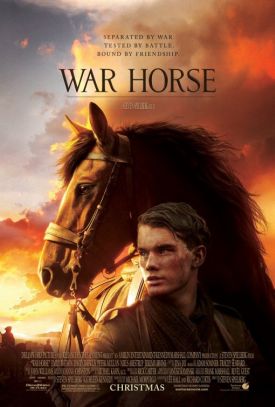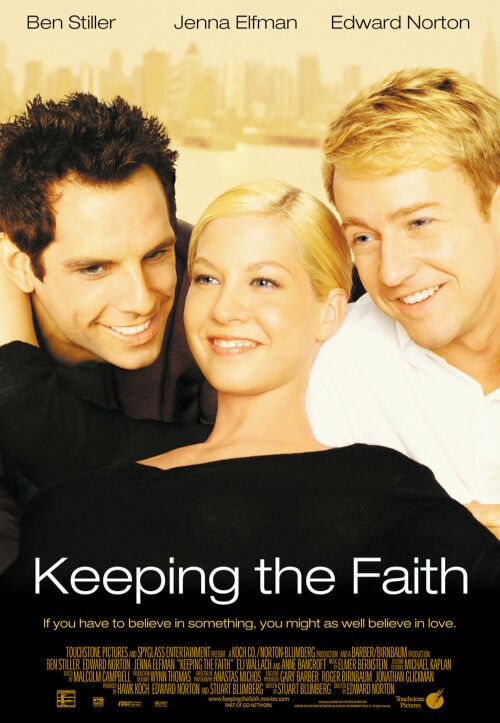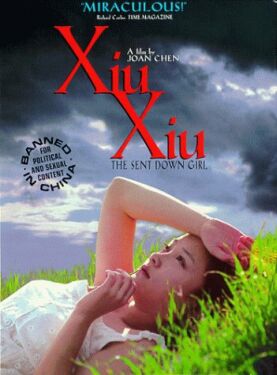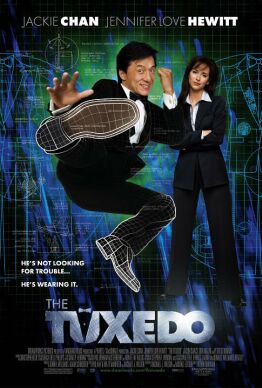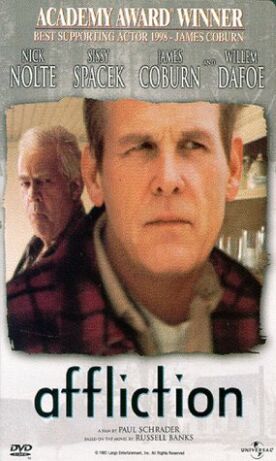War Horse
There is, so I’m told, a species of genre fiction known in the trade as “young adult” — intended for teenagers who are presumably diffident about their ability to appreciate grown-up literature. When I was a young adult, or even a teenager, I would have felt insulted by the assumption that I couldn’t cope with fiction, or anything else, intended for old adults, adults tout court, but perhaps kids today are flattered by the publishing industry’s attention just to them. The counterpart of these books in the era before niche marketing were “adventure yarns” by the likes of Sir Walter Scott, Alexandre Dumas, Robert Louis Stevenson or John Buchan. These characteristically featured a young adult male going to war, or battling spies or pirates, and readers liked them because they were of an age to be doing such things themselves and did so vicariously (at least) through their heroes.
Well, you can see the problem. In the eyes of many if not most parents and pedagogues these days, war is no longer to be considered a great adventure but a moral blot on the human race and something that no young person should aspire to be a part of. Even spies and pirates deserve our compassion, not our enmity. Accordingly, young adult literature seeks to inspire that compassion in those who would once have preferred risk, excitement or blood lust. A good example is to be found in the work of the man described as “the most respected British children’s writer working today,” someone who was also, formerly, something called the “children’s laureate” of Great Britain. This is Michael Morpurgo, whose book War Horse has now been brought to the silver screen by none other than Steven Spielberg. The book dates from 1982, but it was first adapted for the stage with the horses played by puppets at the National Theatre in Britain in 2007. Mr Spielberg caught the performance and decided to turn it into a movie, but with real horses.
Horses, it seems, are still allowed to have adventures, though they are not supposed to enjoy them any more than people do who are forced to go to war. And, as everybody now knows, the least enjoyable war ever was World War I. What a lot of victims were there to excite our compassion! But the human victims were presumably morally compromised by being there in the first place, so the Messrs Morpurgo and Spielberg have turned their attention instead to the perfectly innocent and therefore perfectly victimized Joey. Joey is a thoroughbred colt bought at auction by a drunken farmer from Devon, Ted Narracott (Peter Mullan), who for some reason thinks he will be a good plough-horse. Ted very nearly loses his farm as a result of his folly and extravagance, but his son, Albert (Jeremy Irvine), teaches Joey to plough, which no one else believes he can do. Needless to say, Albert and Joey are great pals.
When the war comes, however, Ted is in trouble again, and he sells Joey to the cavalry. Thereafter, Joey has numerous adventures. First, he is part of a doomed cavalry charge; then he is captured by the Germans, seized by a couple of deserters and befriends a Belgian girl and her grandfather. Then he is nearly worked to death pulling German field artillery hither and yon before escaping and galloping into no-man’s land where he is hung up on barbed wire. As a victim again, he inspires two young soldiers, one British, one German, to a spirit of comity and cooperation, in spite of the wicked war machines of which they are both a part, in order to cut him loose. But as the horse is grievously wounded, the best he can hope for is either to be summarily shot or else to be sold to French butchers for meat.
I do not think it can possibly count as a spoiler if I tell you that Joey somehow escapes both fates and is reunited with his best friend Albert, still a boy and apparently unchanged by his own time at the front, who loved him from a colt. We know from the start that this is how the story must end as surely as we know that Jim Hawkins must return from Treasure Island, his pockets stuffed with Flint’s treasure. Such stuff resists all criticism as the duck’s feathers do a rainstorm. It is sentimental, anthropomorphic clap-trap to be sure, but as that is precisely what it sets out to be, and what its audience presumably expects of it, censoriousness is pointless. That makes it, like most young adult fiction — and, nowadays, most movies — a sub-variety of the fantasy genre, even though it purports to be an historical romance.
For there are no more historical romances. If you read Walter Scott or Dumas you will get a pretty fair if romanticized idea of Scottish or French history in the 17th and 18th centuries, but the World War I of War Horse is as much a fantasy world as Narnia. More so, indeed, as the film doesn’t even take the trouble to explain what the war was being fought for or why its victims thought they had to fight it — and so, presumably didn’t regard themselves as victims. The madness of war, along with the wickedness and stupidity of those who waged it can be taken for granted now as part of the more general benightedness of previous generations which is all ye know and all ye need to know about the past if you are a young adult today — and therefore represent moral progress’s crowning achievement. History itself, like the adolescent mind, has apparently reached a terminal stasis where, instead of continuing to grow and change, it may dwell forever in its own self-satisfaction.
Discover more from James Bowman
Subscribe to get the latest posts to your email.

